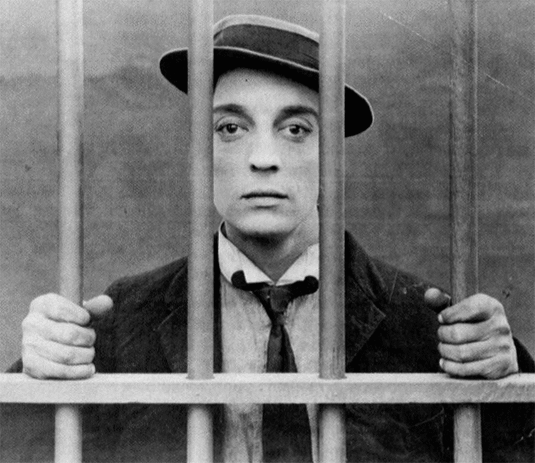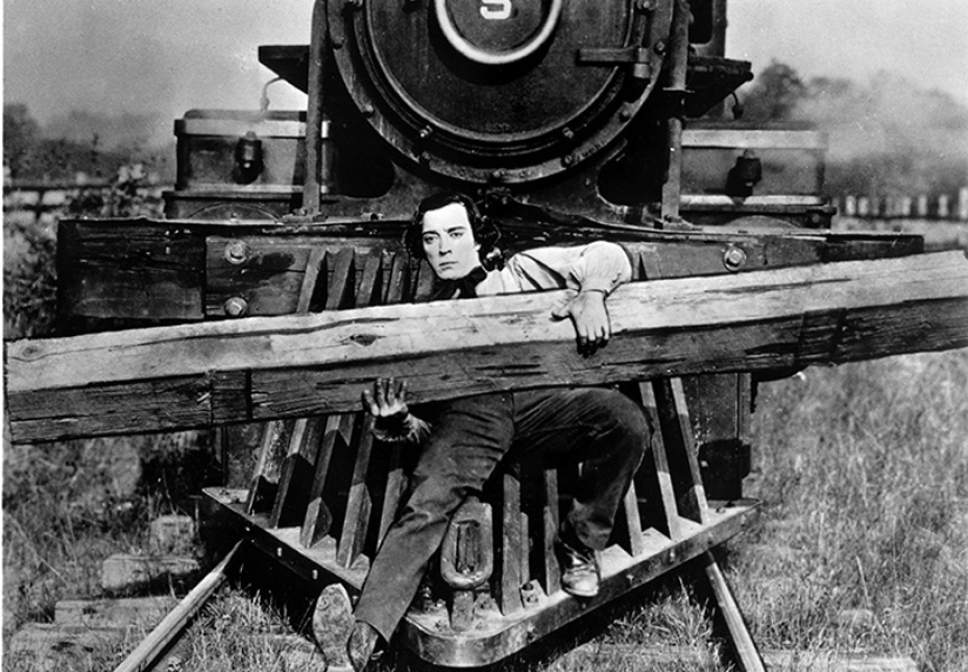‘Buster’ Keaton was born in Kansas on October 4th 1895 to his parents Joe and Myra, Vaudevillian comedians that gave Keaton an exciting upbringing that would later inspire his comedic antics. He had already started acting alongside his parents at the age of four, where it was normal for ‘Buster’ to be thrown around the stage and towards hecklers in the audience.

A chance encounter with film star and director Roscoe ‘Fatty’ Arbuckle started his career when he was invited to be in his upcoming film The Butcher Boy (1917) that helped to launcher his film career. Keaton’s short films soon became too limiting and after multiple popular films such as One Week (1920) and Cops (1922), he made the transition to feature films, with his first being Three Ages (1923). The most renowned of Keaton’s comedies in Sherlock Jr. (1924) which used special effects that received mixed reviews as critics and audiences alike had never seen anything like it before. His Civil War film The General (1926) was the largest and most expensive sequence ever seen at the time, where a bridge collapses causing an oncoming train to fall into the river. Despite its shocking and never before seen drama, audiences didn’t respond well to the film, disliking the loss of comedy for over the top drama.

After a few more silent features such as Steamboat Bill, Jr. (1928), Keaton had his contract sold to MGM, sending his career, legacy, and personal life into a downward spiral. His first film with MGM was The Cameraman (1928), which is regarded as one of his best silent comedies, but the release signified the loss of control Keaton would incur, never again regaining his film -making independence.

His first appearance in a film with sound was the film The Hollywood Revue of 1929 (1929), though despite it’s popularity, MGM increasingly reduced his creative control over his films and by 1932, his marriage to Natalie Talmadge had dissolved when she sued him for divorce, resulting in the loss of his home, the bulk of his assets, and contact with his children. They were disallowed from speaking about their father or seeing him but rekindled their relationship with him when they came of age. His hardships in his professional and private life had been slowly taking their toll and culminated his own dependence on alcohol by the early 1930’s causing him to be fired by MGM in 1933, leaving him an alcoholic.